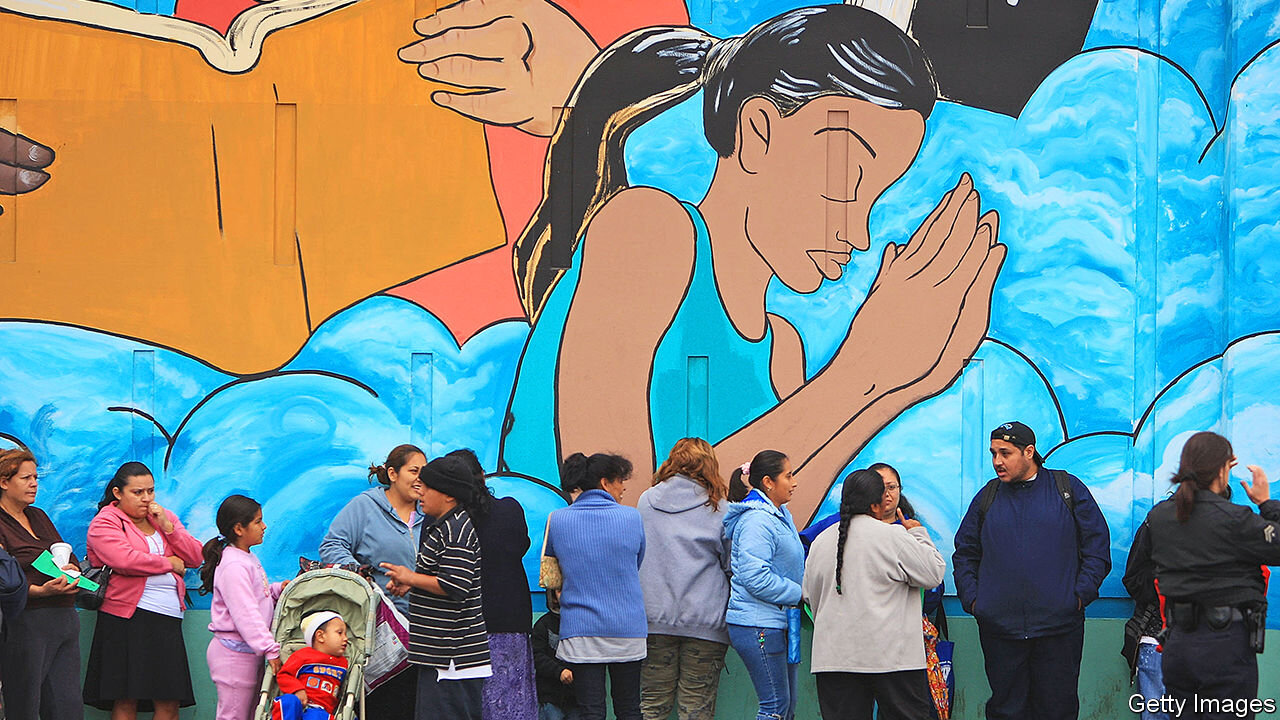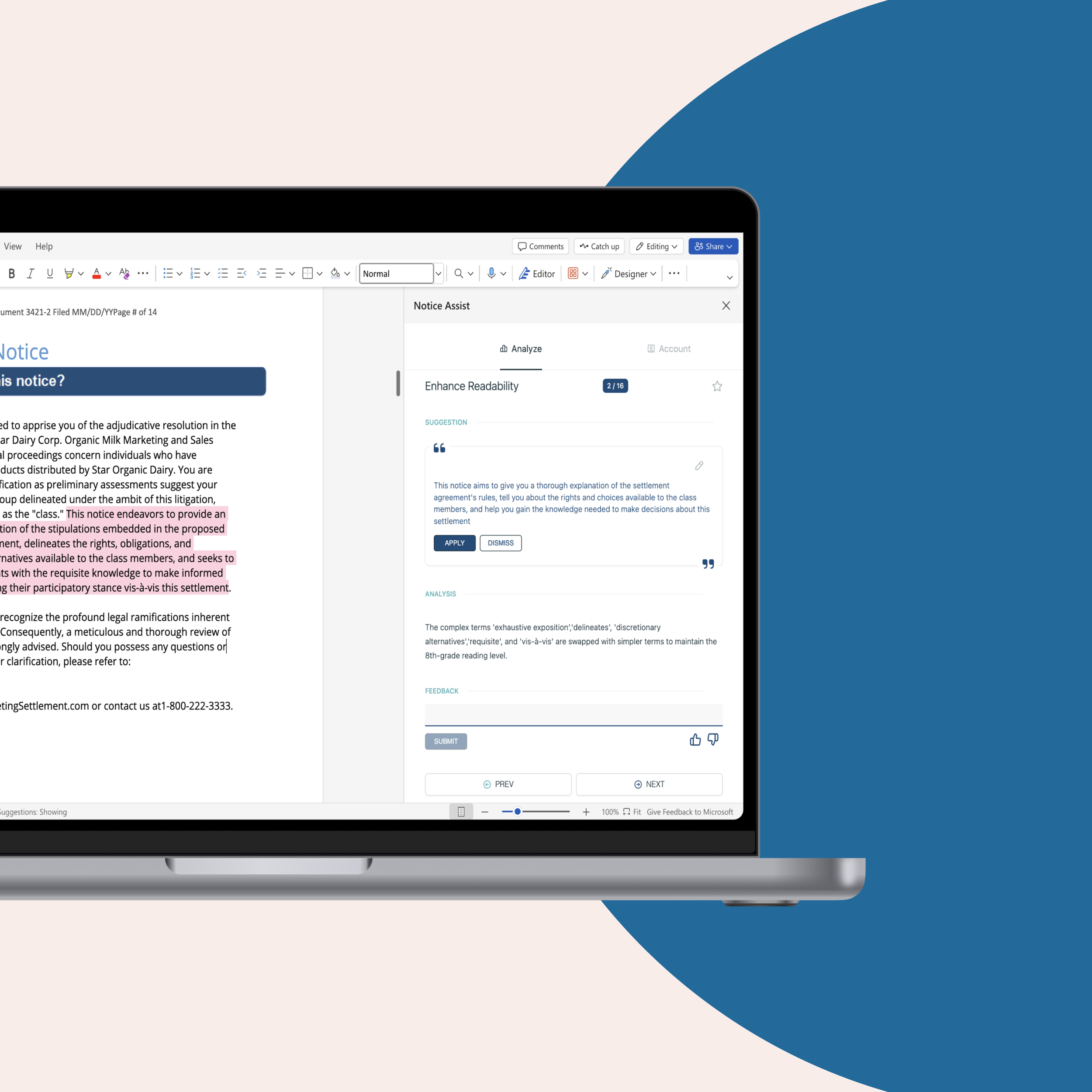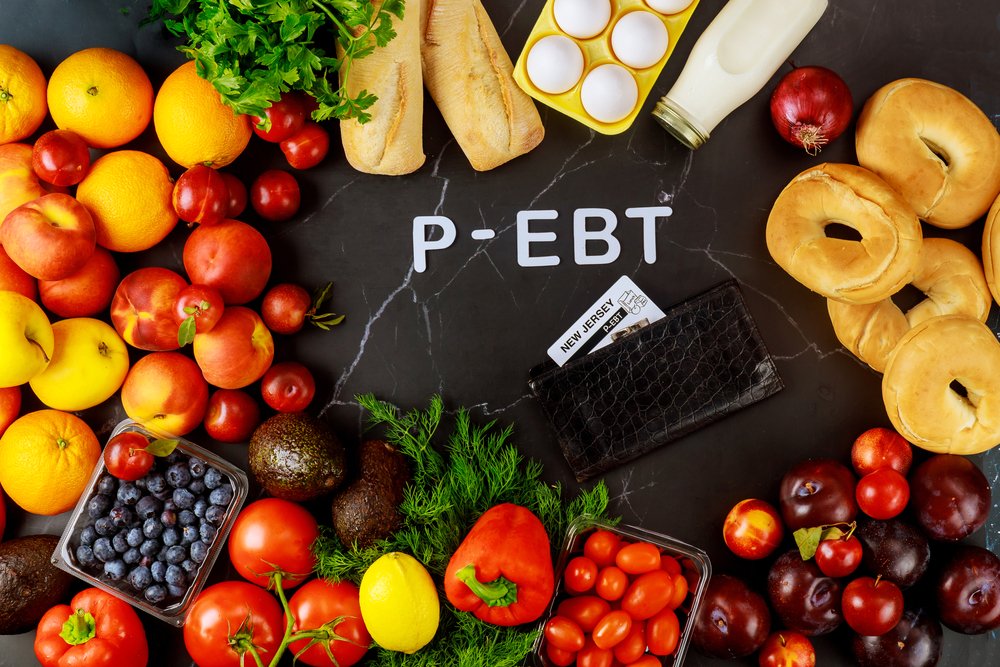SNAP! Impact Fund and Western Center on Law and Poverty File Class Action Lawsuit Against USDA For Denying Emergency Food Assistance To Californians With Greatest Need
David Nahmias, Law Fellow
The United States is in the grip of the COVID-19 global pandemic, the worst in more than a century. It has created a dangerous public health crisis, unprecedented rates of unemployment, and profound social and economic disruption. Among the most immediate and urgent problems arising from the pandemic is hunger. Food prices are higher, many food staples are scarce, and shelter-in-place orders make food less accessible, particularly for those most vulnerable to the health risks of the coronavirus. A recent study found that, by the end of April 2020, more than one in five households in the United States and two in five households with mothers with children aged 12 and under were food insecure.
California, where the state unemployment rate is now nearing 25 percent, we are experiencing the breathtaking social effects of the pandemic. One in four California households is now food insecure, telling public health researchers that “the food we bought just didn’t last, and we didn’t have enough money to buy more.”
With no sign of COVID-19 abating, the lines will only get longer.
In response to the current public health crisis, Congress passed the Families First Coronavirus Response Act in March. Among its goals, the Act sought to address rising food insecurity and hunger with significant additional resources for the federal government’s Supplemental Nutrition Assistance Program (“SNAP,” formerly known as the Food Stamp program). Congress authorized the U.S. Department of Agriculture, which administers SNAP in conjunction with state agencies, to issue additional payments to all households currently receiving SNAP benefits. Yet the Department interpreted this authority in a way that deprives the households that receive the maximum SNAP benefits allowed from receiving any emergency assistance. These are the households with the lowest incomes, fewest resources, and greatest likelihood of hunger. The Department therefore is denying emergency food assistance to those who need it the most in the midst of this unparalleled economic and health catastrophe.
Food banks and pantries are unable to meet the rapid increase in need.
Over four million people in California receive SNAP benefits, called CalFresh. When the state requested emergency benefits from USDA to provide assistance to all Californians receiving CalFresh, the federal government rejected it and insisted that benefits only be provided to those recipients who are not already receiving the maximum benefits. For Robin Hall, a woman who currently lives in transitional housing in Santa Rosa and normally receives the maximum benefits for a single person (just $194 a month, or $6 a day), not receiving emergency SNAP benefits has forced her to spend down her already minimal benefits. “I have diabetes, hypertension, congestive heart failure, and carpal tunnel syndrome. Because of my diabetes, I have no choice but to watch what I eat and find nutritious meals,” said Ms. Hall. “Some of the places I used to go for nutritious meals, like the church that used to serve hot breakfast, are closed now because of the pandemic. So sometimes I go without eating altogether.” Steven Summers, who also is eligible for the maximum SNAP benefits and lost his job shortly before the pandemic hit, is now worried that he won’t be able to afford his apartment in Oakland. “I’m using what savings I have to try to keep up with these rising food costs. After that, there isn’t enough left to pay rent and utilities,” says Mr. Summers. “If I’m having a hard time, I know others are too.”
While the USDA stops emergency assistance from reaching those that need it most, millions go hungry.
Robin and Steven are now taking the Department of Agriculture to court. On May 21, 2020, the Impact Fund and the Western Center on Law and Poverty filed a class action lawsuit in federal court in San Francisco against USDA and Secretary of Agriculture Sonny Perdue, alleging that USDA is illegally denying emergency food aid to the poorest households in California. We argue that USDA is misinterpreting the Families First Act in violation of the Administrative Procedure Act. “The idea that people who were already struggling to get by before the crisis should not receive the additional help being granted to other SNAP recipients is cruel and absurd,” said Alexander Prieto, a senior litigator for Western Center on Law & Poverty. “It goes against the intent of the Families First Act, which is why we are seeking relief for our clients.”
Our lawsuit seeks to immediately enjoin USDA from preventing California from providing emergency allotments for plaintiffs Robin Hall and Steven Summers, and others in our proposed class—CalFresh recipients with the lowest incomes who have not received the COVID-19 related assistance. “We are simply asking USDA to do the right thing,” said Lindsay Nako, Impact Fund’s Director of Litigation and Training. “The federal government has a responsibility to make sure people in this country do not go hungry during this pandemic. USDA needs to do its part.”
Read our complaint and motions for preliminary injunction and class certification.














